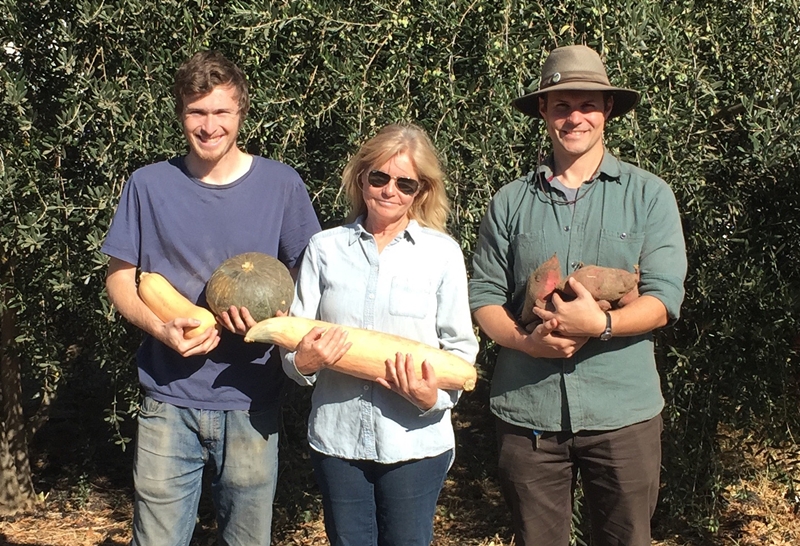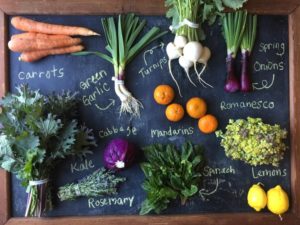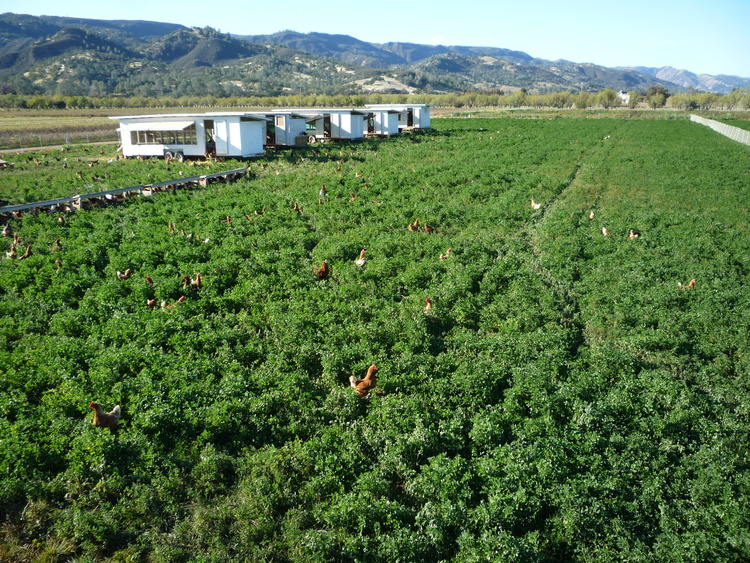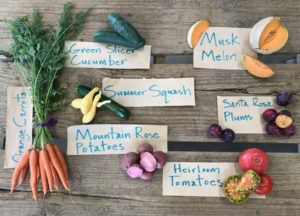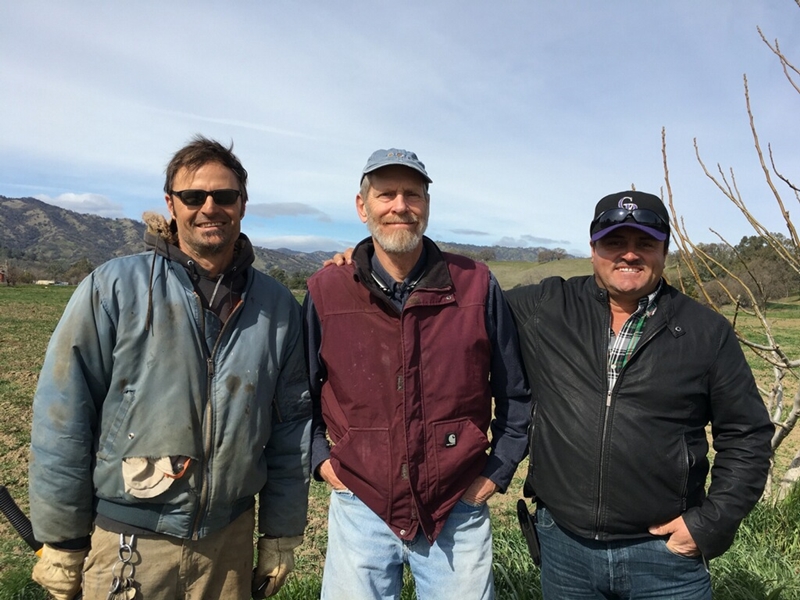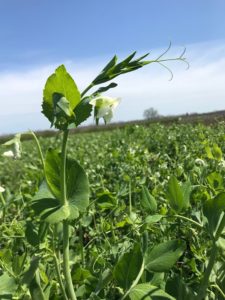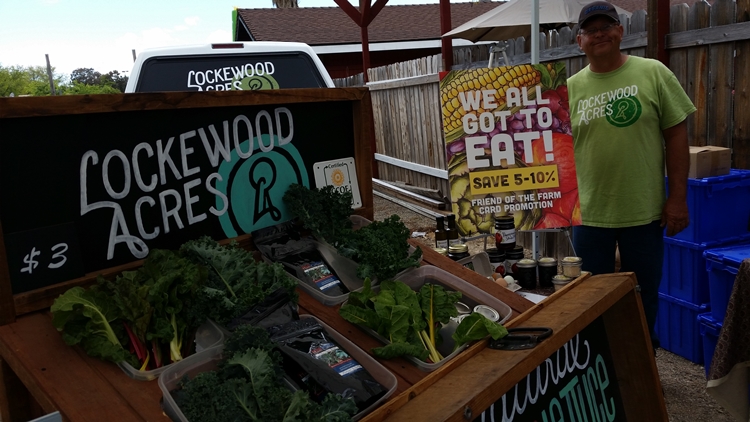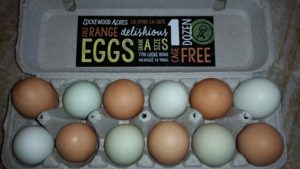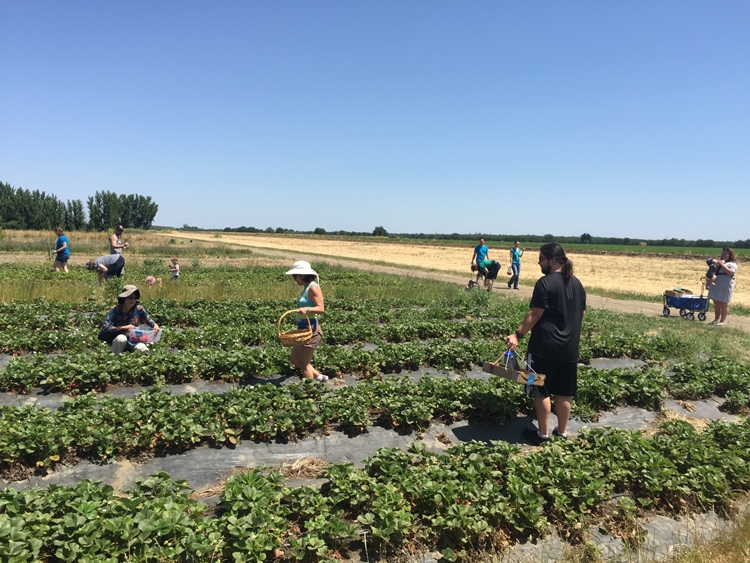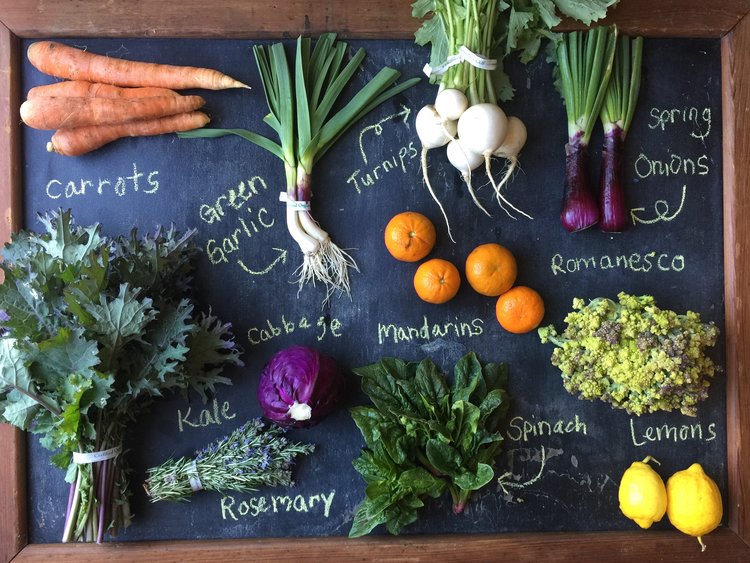CSA Spotlight: Real Good Fish
By Sustainable Solano
This is an ongoing series profiling local businesses that have Community Supported Agriculture (CSAs) available in Solano County. CSAs create a way for community members to buy directly from local producers. Such arrangements help producers, in this case fishermen, receive a greater share of the money paid, bring customers fresh, local food and promote health, community and the local economy.
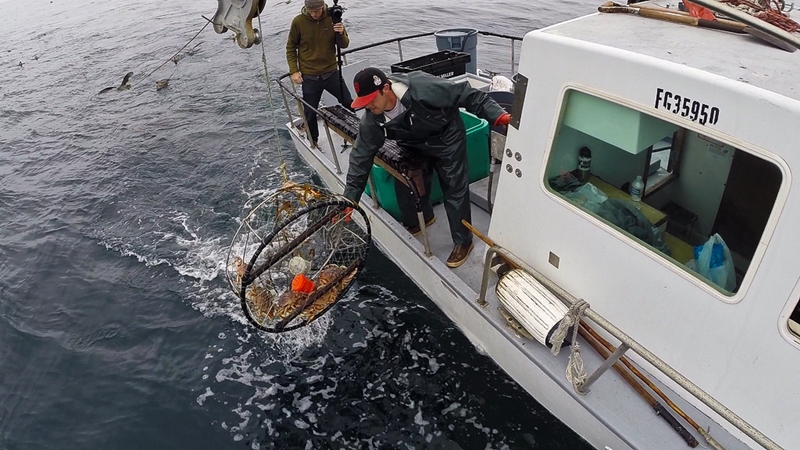
Fisherman Khevin Mellegers is one of the local fishermen that works with Real Good Fish
Real Good Fish started as Local Catch Monterey in 2012 with the mission of bringing locally and sustainably sourced seafood to Central California. The company, which started working mostly out of a single van, now delivers to more than 1,600 individuals and families every week, according to Emily Hess of Member Services. The company supports local fishermen who use sustainable catch methods and created the Bay2Tray program to increase awareness and demand for sustainably caught seafood with public school districts, providing local fish for school lunches and fishermen in the classroom visits.
“[We] have grown our mission to not only support local fishermen, but teach the public about the importance of seafood transparency and healthy fishing stocks,” she said.
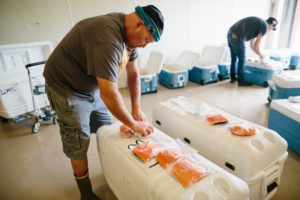 Below is a Q&A with Emily about Real Good Fish:
Below is a Q&A with Emily about Real Good Fish:
- Real Good Fish
- Moss Landing
- Fish from the California Coast
- Established 2012
When did you start offering a CSA? Why was it important to offer?
We started delivering fish in 2012. Making fresh seafood from local fishermen easily accessible is not only good for the community, but for the planet as a whole as we drive seafood demand away from international imports and combat the challenges of mislabeled seafood and mismanaged fisheries.
Are there special perks for CSA members? Why do people tend to subscribe?
Getting local seafood delivered to your neighborhood is a great perk! With each share that our members receive, they are also getting the fishermen info for exactly where their fish is coming from, as well as recipes and cooking suggestions for that day’s delivery. As a member, they also get to participate in our special sales where we offer not only a greater variety of seafood, but our house-made value-added products such as smoked salmon burgers, dungeness crab ravioli, and much more. People tend to subscribe for the convenience and the quality of fish they receive. Real Good Fish cuts out several middle men that are usually involved in the sea-to-table process with fish from a grocery store. We buy the fish directly off the boat, process it ourselves, and deliver it at peak freshness, giving our members access to the freshest fish around.
What’s something that makes your business stand out?
Along with sourcing from and supporting local fishermen, we also work with our local school districts to get sustainable local seafood onto school lunch menus. We utilize some of the species that are commonly discarded as bycatch, and teach cafeteria staff how to properly store and prepare it to make healthy lunch alternatives, like fish tacos, that are within the school’s budget. This Bay2Tray program also arranges classroom visits with the fishermen we work with to teach kids about the local fishing industry and why it is important to be in touch with your resources and know where your food comes from. We try to extend our local sustainability model to as many aspects of the community as we can!
Anything exciting on the horizon? What do you see happening and what do you want to see happen with interest in local food?
We are always looking for new ways to expand and incorporate other local food programs into our subscriptions! We have recently been working with local farms like Marin Sun Farm, Fogline Farm and Wayne’s Fine Swine to bring our members other sources of local protein, like beef, pork and chicken. All of these other farms are using pasture-raised and organic practices to raise healthy, happy animals to provide the finest meats to their local customer base. We are hoping to expand our range to bring more customers the amazingly high-quality fish and message we provide, and would love to incorporate some of these other proteins into our subscriptions on a more regular basis.
Real Good Fish has Solano County CSA drop sites in Benicia and Fairfield. Learn more about how to sign up here.
Find out more about local CSAs here.

